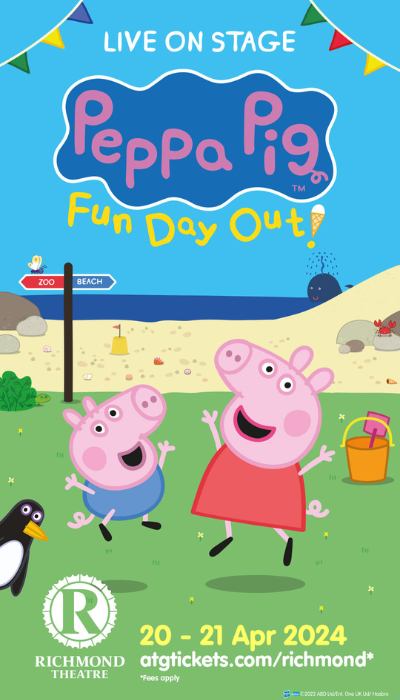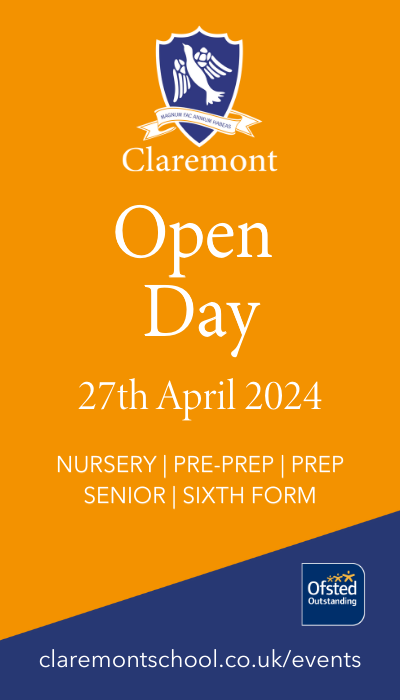The Government’s drive to raise standards has increased the number of core subjects students have to study, so there are in fact fewer GCSE choices to make. Nevertheless, for parents new to this game, talk of options, blocks, EBaccs and AS levels is mindboggling.
So how can you help in the process? Well, the general rule of thumb is: be broad and balanced. Most state schools offer options blocks which have been forensically organised to create the timetable – a gargantuan Excel spreadsheet that has to cover the needs of everyone in school.
Each student now has to study three core subjects at GCSE: English (Language and Literature papers), Maths and Science (up to three papers is the form at most grammar schools). In addition, most good schools will insist on one language and ICT. This takes the number to a maximum of eight papers.
Beyond that, students will be asked to choose one humanities subject (Geography and History), one creative subject (from Drama, Design Technology and Art) plus one other (Business Studies for example).
The GCSE course should not be a numbers game: only super-achieving students should attempt any more than ten as the workload piles up (art and design technology are particularly time-consuming).
Some schools choose to place these subjects under the EBacc (the English Baccalaureat), which is not a qualification, but a performance measure that might come in useful later on when applying for competitive university places.

The Department of Education offers this advice to schools: ‘The English Baacalaureat (EBacc) is not compulsory, but Ofsted will take it into account when inspecting your school. The measure shows where pupils have secured a C grade or above across a core of academic subjects [English, mathematics, history or geography, the sciences and a language] at key stage 4 and enables parents and pupils to see how their school is performing.’ Worth knowing!
Many schools ask students to make their choices in Year 8 although some parents and teachers believe this might be a little early. Ed O’Connor is the deputy head of St Edmund’s School in Canterbury and falls into this camp.
He explains: “Year 8 is perhaps a little early to be making decisions about GCSEs. For many pupils moving from prep schools to senior schools via Year 9 entry, other more pressing academic challenges like Common Entrance or other school entry examinations will take priority. Typically pupils choose their GCSE subjects during Year 9. The GCSE courses themselves then begin in the September of Year 10.
“The options process can be a difficult one for some pupils (and their parents!). The majority of pupils will have some areas of uncertainty and some tricky choices to make. Often those who struggle the most in this respect are academic ‘all-rounders’: conscientious and able students who enjoy all their academic subjects.
“There should always be a dialogue between pupils and their subject teachers throughout Year 9 about the options process and GCSE courses. In small schools like St Edmund’s we know our pupils’ academic abilities and potential very well and can offer informed, bespoke advice to pupils on the best blend of GCSE courses.

“The on-going discourse between pupils, parents and teachers is supported by formal events like the Year 9 Parents’ Evening and an Options Presentation Evening. Pastoral staff can also play an important advisory role: at St Edmund’s our Housemasters and Tutors provide valuable help and support for families navigating the options maze!
“The school will also produce materials designed to help pupils and parents make informed choices: we publish a comprehensive guide called ‘The Right Course’. This explains the options process and timetable in addition to providing profiles of each subject available at GCSE.”
If your child has recently received his or her options choice and is not happy – keep the conversation going at school. There may be good reasons for this: for example, teachers may feel the mix is not balanced, there could be a timetable clash or maybe they think your child is not playing to their strengths.
Mr O’Connor agrees: “Parents should contact subject staff for advice when problems arise. If difficulties appear regarding option blocks and subject ‘clashes’, parents should always speak to the school as a matter of urgency.
“Subject blocks are often a source of frustration for pupils and parents alike. Unfortunately, they are the vital building blocks of a school timetable. We base our blocks on historic and current demand for particular subjects and the availability of staff. Shifting one subject from say Block A to Block B in response to an individual request is rarely possible because of the ramifications it will have for staffing, for other students’ choices and the construction of the timetable (a Herculean annual task in schools).
“It is inevitable that a few pupils each year will find it impossible to fit their subjects within the blocks. If this is the case, parents should contact the Director of Studies or Deputy Head (Academic) at the school to discuss possible strategies. In most cases, it is likely that the pupil may have to rethink one or two of their choices. However, a thoughtful school will always try to look at potential alternatives: in rare cases, for example it might be possible to offer ‘off-timetable’ teaching for individual pupils in a particular subject.
During the GCSE year, students planning to continue their studies at A Level, will have a good idea on where they are going next. Mr O’Connor says: ‘I would suggest that pupils should be considering their A Level choices from the end of Year 10. The internal school examinations at the end of Year 10 are a useful indicator of likely GCSE performance and thus possible A Level subjects. Most schools will also run mock examinations in December or January of Year 11 which are similarly helpful in this respect.”
Good schools will advise a combination of A Levels that keep a range of career options open. As with GCSEs the choices are made with advice from the careers service, enrichment days (now an established feature of all good secondary schools) and in-school guidance – not to mention the student’s own aspirations.
The competitive job market for graduates means A Level choice is important and universities are becoming picky in the choices made by candidates.
Mr O’Connor adds: “The criteria for selecting A Level subjects will vary from pupil to pupil. Obviously, their passion and interest for the subject are vital: pupils are more likely to do well in subjects that engage them. However, a realistic assessment of ability and likely performance is also vital. The ‘step-up’ from GCSE to A Level is a significant one. For example, a B grade in Mathematics GCSE (while a laudable achievement in itself) may not be adequate to pursue the subject successfully to A Level. Future university courses should also play a part in the thinking of Year 11 pupils as they consider their A Level options.”
And should you be at this stage, the Russell Group Universities have published an invaluable guide for parents and students called Informed Choices. It will even help make decisions for GCSEs.
Good luck!
You may also like
Perfect Pitch
Mike Piercy, education consultant and former Head of The New Beacon, sings the praises of music in education What exactly is it that drives parents to make huge sacrifices by sending their children to independent schools? Different families have different...
‘It’s not fair!’
Mike Piercy, education consultant and former Head of The New Beacon, explains the importance of winning and losing with good grace The beefy second row lay prone, groaning, as the pack lumbered away. “Get up, Darling!” I cried. Opposition spectators...
Performance Power
Eastbourne College and Bede’s School discuss opportunities which give their students time to shine Director of Music at Eastbourne College, Dan Jordan, sings the praises of music at the school. It is 6.30pm, the night before a well-needed half-term holiday....















